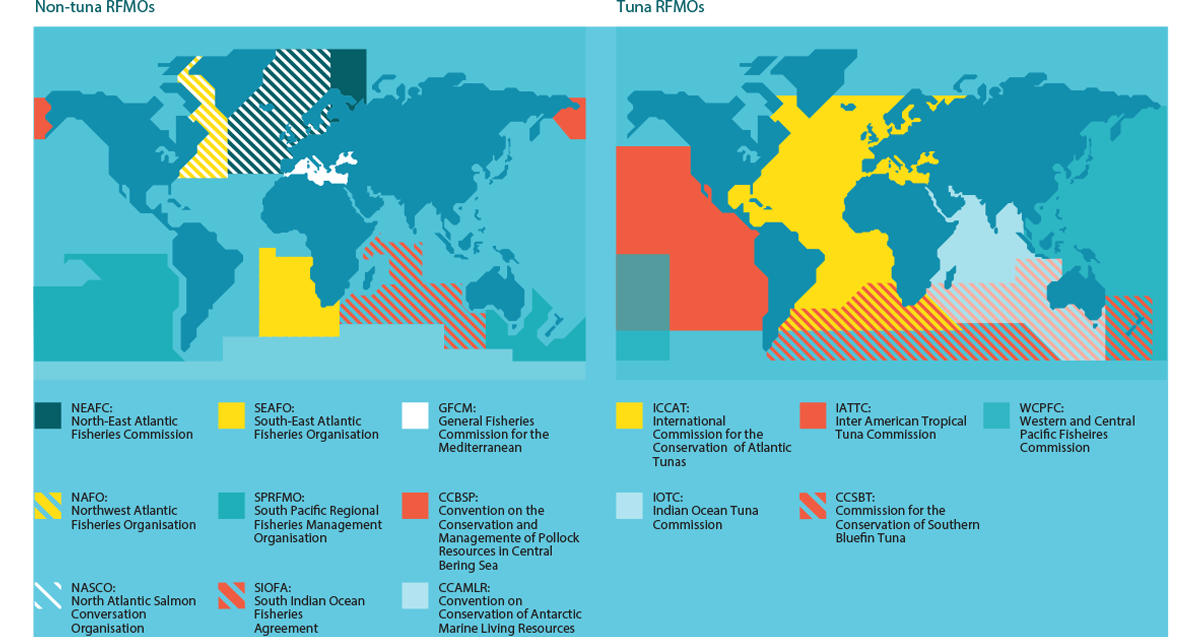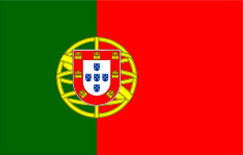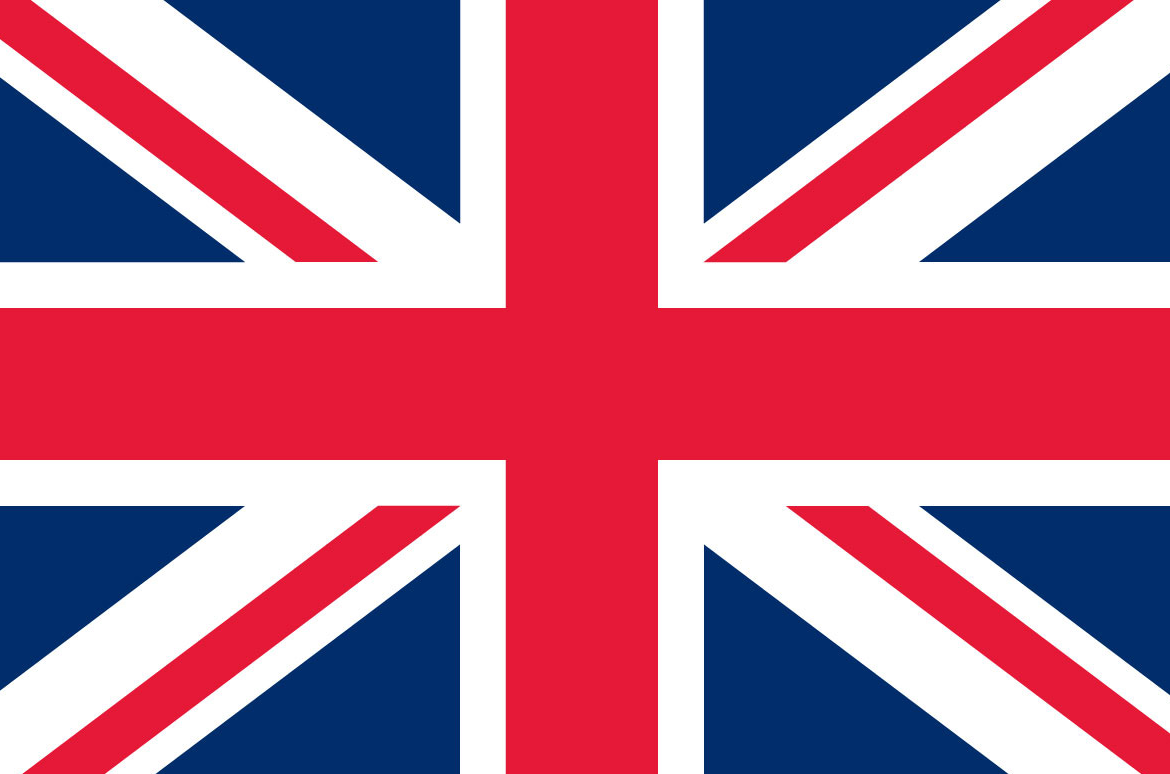Regional Fisheries Management Organizations
Regional Fisheries Management Organizations
Breadcrumbs
- Fisheries
- Fisheries
- Professional Fishing
- International Fishing
- Regional Fisheries Management Organizations
![]() Fishing in Waters Managed by Regional Fisheries Management Organizations (RFMO)
Fishing in Waters Managed by Regional Fisheries Management Organizations (RFMO)
RFMOs are international organizations trusted with the mission of regulating fishing activity in international waters. These international organisations are composed by countries, or associations of countries - as in the case of the EU - with fishing interests in the area regulated by that RFMO. Consequently, non-coastal countries, operating with long distant fleets, may also be Contracting Parties of these International Organisations. From a pragmatic point of view, RFMOs can be divided between those that regulate migratory species (such as tuna) and those that regulate other pelagic and/or demersal species. In the case of the latter, the regulated geographic areas are less comprehensive. Most of these international arrangements are empowered to adopt binding measures, hence, obliging Contracting Parties to comply with the conservation and management measures adopted by the competent RFMO, except in the case of WECAFC and CECAF, whose role is merely advisory and, therefore, non-binding. with Portugal having a licensed fleet in 7 of them with fishing opportunities resulting from the discussions that take place annually within the scope of these RFMOs.

Source: http://www.whofishesfar.org/agreements
![]() Fishing in Waters Managed by Regional Fisheries Management Organizations (RFMO)
Fishing in Waters Managed by Regional Fisheries Management Organizations (RFMO)
RFMOs are international organizations trusted with the mission of regulating fishing activity in international waters. These international organisations are composed by countries, or associations of countries - as in the case of the EU - with fishing interests in the area regulated by that RFMO. Consequently, non-coastal countries, operating with long distant fleets, may also be Contracting Parties of these International Organisations. From a pragmatic point of view, RFMOs can be divided between those that regulate migratory species (such as tuna) and those that regulate other pelagic and/or demersal species. In the case of the latter, the regulated geographic areas are less comprehensive. Most of these international arrangements are empowered to adopt binding measures, hence, obliging Contracting Parties to comply with the conservation and management measures adopted by the competent RFMO, except in the case of WECAFC and CECAF, whose role is merely advisory and, therefore, non-binding. To date, the EU plays an active role in 16 RFMOs.
![]() Tuna RFMO (t-RFMO)
Tuna RFMO (t-RFMO)
Given the particular dynamics of migratory species (tuna, marlins, sharks, etc.), both in terms of geographic mobility and in terms of spatial distribution or occurrence, coordination between the various actors, coastal or not, is essential to allow the sharing of relevant fishing information and, consequently, allowing for the adoption of sound and robust conservation measures. T-RFMOs play a fundamental role in this process, namely through the Kobe process. These measures are binding for the Parties. The EU plays an active role in the existing 5 t-RFMO. Bearing in mind the geographic area covered by ICCAT, this t-RFMO is instrumental for the Portuguese fleet due to the presence of a large number of vessels targeting highly migratory species, with selective gear and low impact on ecosystems, as is the case of surface longline, pole and line and bait boats). Additionally to ICCAT, the national fleet is also present in waters regulated by the IOTC and IATTC.
![]() NON-TUNA RFMOS
NON-TUNA RFMOS
Given the very particular nature of stocks regulated by tuna RFMOs (high mobility and geographic dispersion), non-tuna RFMOs regulate less comprehensive areas and regulate non-tuna species, demersal, deep-sea or pelagic. Despite the existence of about a dozen non-tuna RFMOs, the activity of the national fishing fleet focuses mainly on two of them, NAFO and NEAFC. The total number of vessels fishing regulated resources is limited and needs to be balanced with the available fishing resources. The Portuguese long distance trawling fleet is present in the traditional fishing grounds of the North-western Atlantic waters regulated by NAFO. This fleet targets species of high commercial value such as the Greenland halibut, cod and redfish. In the NEAFC area, in addition to a pelagic redfish fishery carried out by the same vessels that operate in NAFO, operates also a relevant segment of the coastal Portuguese fishing fleet, operating with bottom longlines targeting demersal and deep-sea species. In addition to NAFO and NEAFC, the national fleet also operates in the area regulated by the GFCM (Mediterranean).



